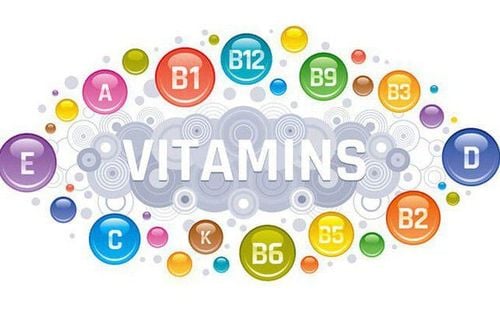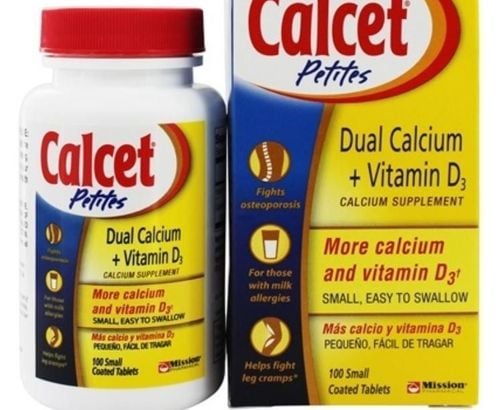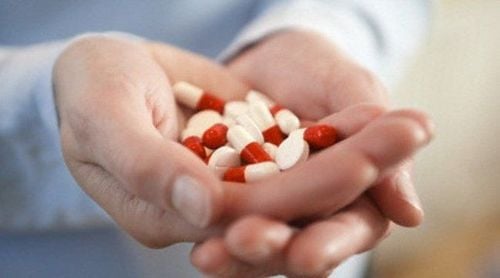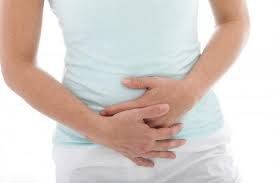This is an automatically translated article.
Women's nutrition after giving birth is a key determinant of the quality of milk for babies in the early stages of development. Therefore, to ensure the health of mother and baby, postpartum women need to provide enough nutrients, vitamins and minerals. Here are some good vitamins for postpartum mothers.
1. Importance of vitamin supplements for women after giving birth
Women after giving birth are very susceptible to deficiency of essential nutrients for the body, especially vitamins. In addition, the daily diet may not meet nutritional needs adequately, leading to severe micronutrient deficiencies. Therefore, vitamin supplementation plays an important role in helping a woman's body quickly recover after giving birth, and have enough nutrition in breast milk to feed her baby.
Babies should be exclusively breastfed for the first 6 months of life. Breast milk is full of nutrients that will completely meet the needs of the baby, helping the child to develop comprehensively both physically and intellectually in the first year of life.
In fact, many mothers are deficient in some essential vitamins for the body, such as B vitamins, vitamin D, vitamin C... These compounds play an important role in strengthening the system. your baby's immunity and help prevent some potential health problems that can happen to both mother and baby.
If a woman's nutritional needs are not fully met as recommended by the daily diet, a postpartum multivitamin may be considered.
2. Good vitamins for mothers after giving birth
Here are the vitamins that are good for postpartum mothers that need to be supplemented in the diet:
Vitamin K is classified as a good vitamin for postpartum women. It works in the production of red blood cells, helps improve bone density as well as stimulates clotting factors in the body. In addition, vitamin K also helps the body maintain brain function, prevent cardiovascular diseases and increase insulin sensitivity. Food sources of vitamin K include broccoli, cabbage, lettuce, spinach.... In addition, to fully supplement this vitamin can be used more functional foods containing vitamin content. K according to need. Biotin (also known as vitamin B7 or vitamin H) is classified as a good vitamin for postpartum mothers. Hair loss after giving birth must be quite common for mothers. The main cause of this condition is hormonal changes in the body. If the signs of hair loss are increasing, not improving and can lead to significant effects on the body, at this time, the mother should be supplemented with biotin. Because vitamin H contains an essential compound that gives skin and hair vitality. Moreover, this nutrient also helps to increase metabolism, control weight and promote the formation of other essential elements of the body. V body shape and health. This vitamin helps postpartum women dispel the stress and fatigue in the process of taking care of the baby; strengthen resistance and reduce excess fat accumulation in the body; regulate red blood cell production. However, besides the great benefits of vitamin E for the body, excess supplementation compared to the body's needs can cause effects and damage to the body. Therefore, it is necessary to supplement vitamin E according to the instructions. Foods containing rich vitamin E content include cereals, soybeans, barley, eggs, dark green leafy vegetables... Vitamin D, especially vitamin D3, has a rather special role in growth. of children. If vitamin D3 deficiency can increase the risk of rickets, the cartilage is not calcified leading to a condition that makes the bones deformed, affecting the height and gait of children. As for mothers, when there is not enough vitamin D after giving birth, they may face a series of problems such as osteoporosis, joint pain, neck and shoulder fatigue, night sweats... In the case of vitamin D deficiency Severe cases can use multivitamins under the guidance of a doctor. However, vitamin D is also found in foods such as milk, eggs, meat, fish, legumes... and the source of vitamin D is still quite abundant from the sun, so it is possible to take advantage of this raw material to replenish the body by sunbathing in the morning every day. Vitamin C helps mothers after giving birth to balance all body activities. Because after giving birth, many mothers experience physical weakness due to excessive abstinence or many mothers are under pressure in family matters and even taking care of the baby. Therefore, this is a good vitamin for mothers after giving birth, helping to improve the immune system, repair cell damage and quickly heal wounds, activate strong activities, form collagen to create connective tissue. different connections in the body. Another significant benefit of vitamin C is that it enhances iron absorption into the body, thereby preventing iron deficiency anemia. Foods such as oranges, tangerines, acerola, guava, sweet potato, celery, marjoram contain quite rich vitamin C content. Vitamin B9, also known as folic acid, plays a special role in the development of the brain. This vitamin is also involved in many neurological functions in infants. If the body lacks vitamin B9, it can slow down DNA synthesis and cell division. This vitamin is found in foods such as rice, milk, wheat, and dark leafy greens. Vitamin B6 is also a B vitamin, has a role in regulating sleep by optimizing the production of the hormone melatonin. Not only that, vitamin B6 is also quite necessary for nerve development and promotes effective brain activity. This vitamin is found in most poultry, cereals, oats, bananas... so vitamin B6 deficiency is quite rare. However, if the postpartum mother has a congenital metabolic malabsorption disorder, there is still a risk of vitamin B6 deficiency.

Các loại vitamin tốt cho mẹ sau sinh cần được bổ sung hợp lý
Vitamin B5 has the ability to promote wound healing. At the same time, it contributes to increasing the level of hemoglobin in the body, thereby helping to reduce the risk of iron deficiency anemia. In addition, this vitamin is also essential for the formation of fats, proteins, carbohydrates... Vitamin B3 is often chosen for cases related to infectious diseases. Moreover, the presence of vitamin B3 also helps reduce cholesterol in the body, supports blood circulation and improves memory quite effectively. This vitamin is not stored by the body and is formed during metabolism. Therefore, it is necessary to supplement this vitamin through daily foods such as milk, eggs, meat, fish or nuts.... Vitamin B12 has a significant influence on DNA synthesis and replication. cell production in the body. Moreover, this vitamin also participates in nerve structure, thereby better transporting nerve signals, enhancing cognitive ability as well as developing intelligence for children. Vitamin B2 has been linked to anemia symptoms. Because, the composition of this vitamin is effective in the storage and use of iron by the body. This vitamin is present in most living cells. When vitamin B2 deficiency occurs, symptoms such as fatigue, reduced ability to work, bloating can occur... Vitamin A helps improve eyesight and is often supplemented through nutritious food products such as: beef, spinach... Vitamin A also has a good function in limiting hair loss and tangles. In summary, women after giving birth are very susceptible to deficiency of essential nutrients for the body, especially vitamins. Vitamin supplements play an important role in helping a woman's body quickly recover after giving birth, and have enough nutrition in breast milk to feed her baby.
Please dial HOTLINE for more information or register for an appointment HERE. Download MyVinmec app to make appointments faster and to manage your bookings easily.













